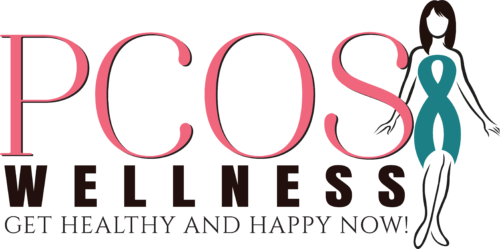
Managing PCOS Symptoms: Tips for a Good Night’s Sleep
Studies conducted on sleep repeatedly confirm the necessity of a healthy sleep routine. Sleep is so vital to our hormone health and key to managing PCOS symptoms. If you’re not getting enough sleep, your body can’t repair itself. And a good night’s sleep is essential for the physical and mental wellbeing of women.
Managing PCOS Symptoms: How much sleep do I need?
- When you wake up feeling refreshed, or at least not like you’re dying to go right back to bed.
- When you have energy to exercise several times a week at a moderate pace.
- When you’re generally making good decisions about food – because being tired dramatically increases the tendency to make unhealthy choices. Your brain needs glucose to function. Glucose comes from carbs. A sluggish brain is literally screaming for a big carb/sugar input.
- Your temper is under pretty good control. Not aiming for perfection; just looking for you to generally get along with most people, and weather emotional surprises with ease.
- Brain fog doesn’t seem to be such an issue. If you get too much sleep, you’ll probably have brain fog too, because you’re in semi-hibernation mode.
Good Night’s Sleep: What is “good” sleep?
- You don’t need to use prescription, herbal, or over-the-counter sleeping aids regularly, if at all. A cup of lemon balm or chamomile tea will be all you need.
- When you feel rested in the morning.
- You wake up no more than once per night. Too much waking is disruptive. Depending upon when it happens, it may interrupt your sleep cycles at the wrong point (right when you’re in deep sleep). If you need to cut back on liquids before bed, get your blood sugars or diabetes under control, etc., know that it will help your sleep.
- You aren’t having nightmares, restlessness, or night terrors. This may signal a need for journaling, talk therapy, or trauma treatment.
PCOS Wellness: Tips for a Good Night’s Sleep
- Increase bedroom comfort. Darkness, a slightly cool temperature, and of course a comfortable bed and pillows are all good.
- Get rid of the electronic distractions at least an hour before bed (preferably two or three hours). That blue light is a killer when it comes to sleep.
- Create a nightly wind-down ritual. No electronics, no scary or violent or over-stimulating content in your reading materials, and no work. Do your nightly preparations such as washing your face and brushing your teeth at the same time, so that the body is cued that it’s getting to be time to go to bed.
- Don’t eat a heavy meal late at night. If you have indigestion, you’ll wake up during the night, disrupting your sleep cycles.
- Cut out caffeine by 2:00 p.m. at the latest – earlier if you’re having a problem. Some people may be so sensitive that they have to eliminate caffeine altogether.
- Stick to a schedule. Get to bed no later than 11:00 p.m. (10:00 p.m. if your schedule requires you to get up early). Plan on waking up at the same time every day, even on the weekends.
If you’re still having sleep problems, you may have a more serious problem, such as sleep apnea. Be sure to sign up for my monthly newsletter at PCOSwellness.com to receive more information about sleep and other tips for managing PCOS.
Session expired
Please log in again. The login page will open in a new tab. After logging in you can close it and return to this page.
